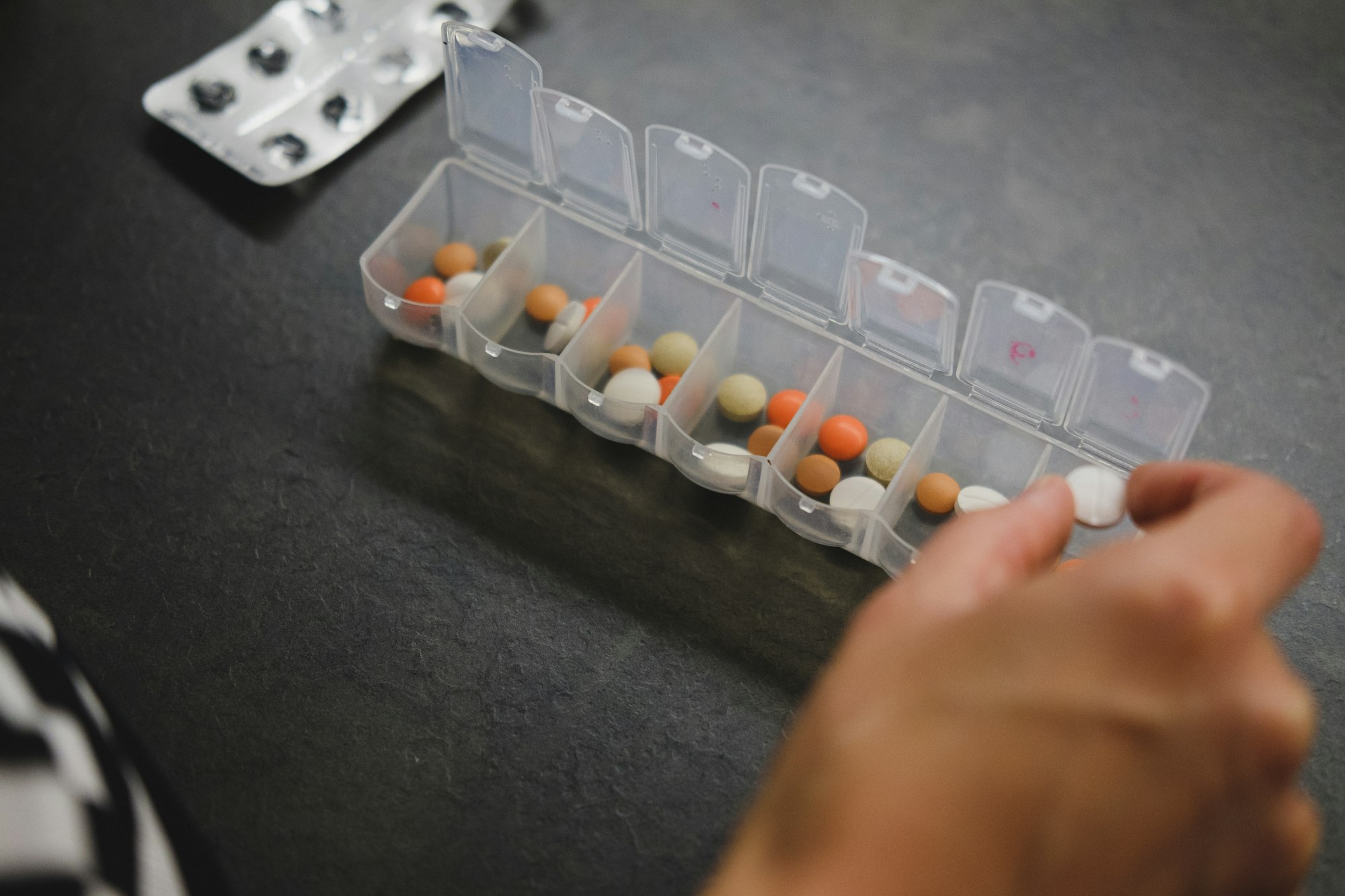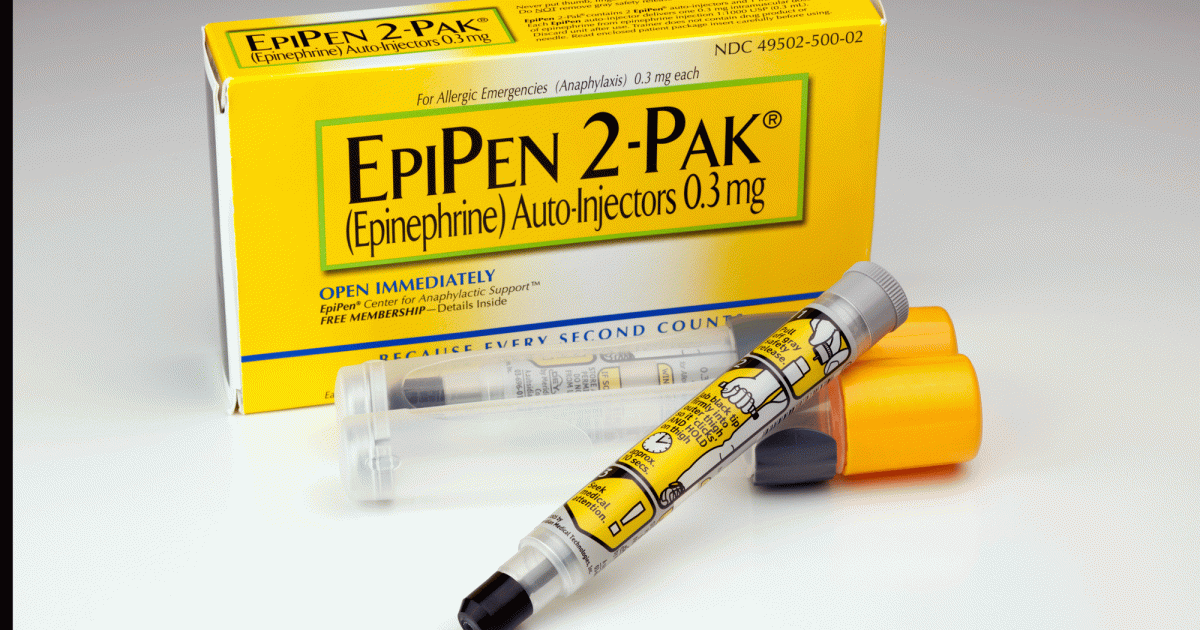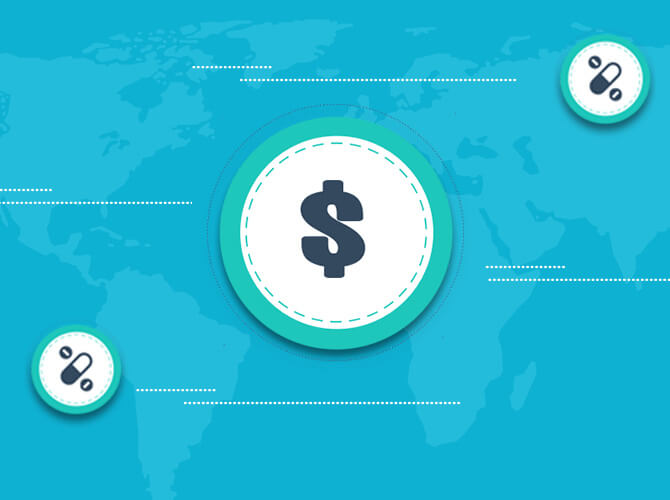No one should profit off the suffering of others

According to the Census Bureau, about 1 in 12 people in the U.S. don't have health insurance. Even with health insurance, costs can be prohibitive. Some of the cost is from hospitals, drug companies, and medical device manufacturers making a profit from goods and services needed to save lives.
Drug companies argue that a profit provides an incentive to create drugs. Yet, for every successful drug, there are many costly failures. There are ways for society to share the risk of developing new drugs. First, we could underwrite the research. The National Institutes of Health and other granting agencies do this. Second, we could encourage many providers of critical drugs. Finally, we could guarantee a market for generics that might not be profitable otherwise.
The path of a drug from the manufacturer to the hospital to the patient is convoluted. Almost as involved as the trip a bottle of alcohol takes from the distillery to the bar patron. Each step on that path adds costs to the drug. Cutting out any one of the middle players could decrease the price of the drug seen by the patient.
We see some changes, but many hospitals run as self-contained silos. Each hospital stocks enough of each drug to meet its most significant demand. This requirement makes them buy extra that expires when they don't use it. Then the hospital has to dispose of it. Then, of course, they have to recoup the cost by charging more for the medication they do dispense. If hospitals could work more with each other, especially for more expensive but rarely used drugs, they could decrease waste.
We want a health care system that provides the care people need without turning anyone away because they can't pay. We want the CEOs of drug companies to be able to go home at the end of the day and provide dinner to their family. We want doctors and nurses to know that their tireless work is worth it, and not only because they help someone live.
The trick is to balance all these needs while weeding out the bad actors in it only for the money rather than to help people.
What you can do
If you're in the United States, write your U.S. representative and senators as well as your state legislators. They represent you. Let them know what you care about regarding health care and give them some ideas about solutions that can help everyone get the health care they need at prices they can afford.
Research hospitals in your area before you need one. Which ones are not for profit? Which ones affiliate with religious groups that restrict medical practices you might need? Which ones accept your insurance plan or extend admitting privileges to your doctor? If you have the time, visit them and see how comfortable you are there. Make a list of hospitals you prefer. Please share it with your doctor and family members.
Talk with your doctor about your medications. See if there are generic options or cheaper medications that are as effective. Saving money isn't about questioning your doctor's expertise. Instead, it lets them know that you don't believe that the best medication is always the most expensive.
Exhibit A
ProPublica ran a story at the end of September about Prospect Medical Holdings. Over a decade, Leonard Green & Partners, a private equity firm based in Los Angeles, loaded the hospital chain with debt, not to improve the hospitals' services or provide better healthcare, but to extract $400 million in dividends and fees for itself.

Prospect responded with a letter arguing that the article was inaccurate.

Exhibit B
Drug companies need an incentive to create drugs. Most of us want to see lives saved, diseases cured, and pain alleviated. But drug companies want to make money—lots of it.
EpiPens made the news back in 2016, but the problem continuesIt's's not that drug companies want to make money. Finding cures for rare diseases can be expensive. There are other ways to fund research than charging high prices because a desperate market will pay whatever it takes to save a life.





